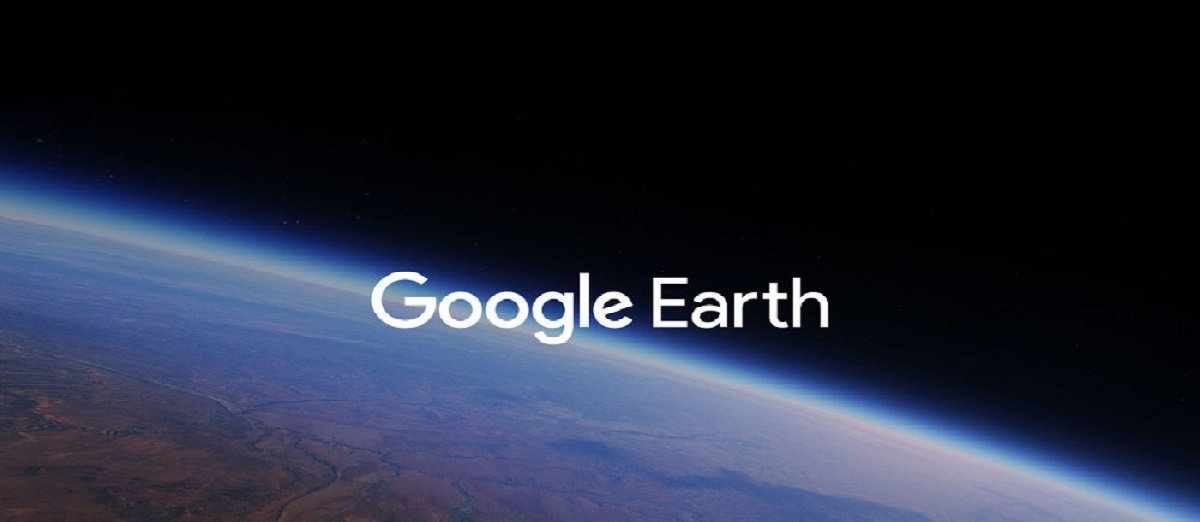
With the great boom that Android caused and that almost anyone can have an Android device, the use of some applications and website on computers was decreasing gradually. A practical example was in social networks, which today the largest number of users of these use them from a smartphone or tablet and that it is no longer so common to visit them from a computer.
And it is that, making mention of this, we can remember the popular application "Google Earth" which it was highly demanded to be installed on computers, about ten years ago. But with the arrival of Android things changed.
Later Google decided in 2017 to end support for the basic version Google Earth application for PC and from that moment it was only possible to install the PRO version.
This program has become a benchmark and also a widely used work tool, especially in terms of education and research. As it is widely used in schools, institutes, laboratories and various research fields.
Now as such the application was only available for the company's web browser, with which its use was limited only in Chrome and that many took as unfair. At the time, the company promised to introduce later browser support "soon." Finally, we had to wait for this support for 3 years, but we finally live to see it.
But now after almost three years of waiting, Google Earth finally works in browsers other than Chrome.. So popular browsers like Firefox, Opera and Edge based on Chromium, will be able to use Google Earth.
As reported by 9to5Google, Google Earth can now be used in the Opera, Edge and Edge Chromium and Firefox browsers. From now on, users of these browsers can visit the application without the need for special links to experimental versions.
This new rebuilt version of Earth which has been tested since June last year as a beta, is based on the WebAssembly standard, which allows you to run native code directly in the browser.
WebAssembly was created by the World Wide Web Consortium (W3C) and browser owners such as Mozilla, Microsoft, Apple, and Google. Until then, the satellite imagery service used the Native Client, which was only compatible with Chrome.
And it should be remembered that, for Linux, installation packages were provided and in the case of Debian, Ubuntu and derivatives, the application was easily installed from the deb package that was offered. Which later was changed to the Pro version.
Regarding the support of Native Client, this one was restricted at the end of 2019 and at the time, Google explained that the decision was made because "the vibrant ecosystem around WebAssembly makes it more suitable for new and existing high-performance web applications."
Google Earth was written mainly in C ++ language, due to performance issues and the ability to reuse code (in versions designed for Android and iOS). Thanks to WebAssembly, the application can be easily run in browsers other than Chrome.
Apparently, Google Earth still needs to be refined to work in the browsers mentioned above. Google hopes that in the near future the company will be able to make the application available in Safari.
“Then only in this way could we make sure that the Earth would work with the web version. Much has changed since then: WebAssembly has become the leading open standard, and browser support has evolved considerably in recent years. said team members working on Google Earth.
Finally if you want to know more about it about the news, you can check the details in the following link